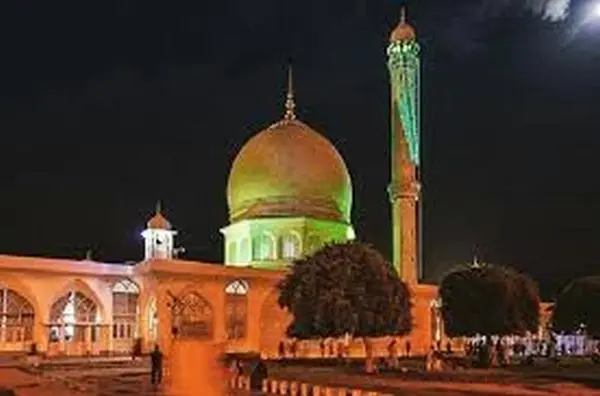The wave of protests that had swept across the country against the Waqf Amendment Act has suddenly come to a halt. This shift occurred as people began to realise the importance of ensuring accountability and responsibility in the management of Waqf assets a national trust meant to serve the community.
Public awareness has grown around how some Waqf administrators have misused Waqf properties for personal or political gain, while those genuinely in need have been left without support. The Waqf Board was originally established to protect and expand these properties and to use their returns to benefit society through initiatives such as schools, colleges, hospitals, and various welfare projects. Unfortunately, these goals have not been achieved. Instead, political interests have often dominated the institution’s operations.
The Board had a responsibility to support students from poor families through scholarships and to assist low-income Muslim families with marriage expenses for their daughters. It was also expected to build and maintain hospitals that could provide free healthcare to underprivileged patients. However, these initiatives have largely remained unfulfilled.
Across India, we see religious institutions from other communities playing active roles in social welfare. The Khalsa Panth, run by the Sikh community, and the Shri Mata Vaishno Devi Trust are notable examples. The Vaishno Devi Trust runs the prestigious Vaishno Devi University in Katra, along with a hospital and several welfare institutions. Likewise, the Khalsa Panth provides financial support to needy Sikh families, ensuring that no Sikh is forced to beg. Their hospitals treat patients of all religions and offer free meals to the public daily.
In contrast, the Muslim Waqf Board has failed to implement any meaningful welfare initiatives. There are no scholarship programmes, no loans for families in need, no healthcare services, and no social upliftment schemes. The institution has been repeatedly exploited for political interests, to the detriment of the community it was meant to serve.
In the Kashmir Valley, religious parties also raised objections to the Waqf Amendment Act. However, even here, the protests eventually quieted, as people recognised that those managing the Waqf Board in the region had never contributed meaningfully to public welfare. The silence reflects a growing understanding that reform is needed. The Waqf properties must be used for the purpose for which they were donated to serve the people.
The Waqf Amendment Act is now seen by many as a necessary step towards introducing transparency, responsibility, and accountability in the administration of these valuable assets.


